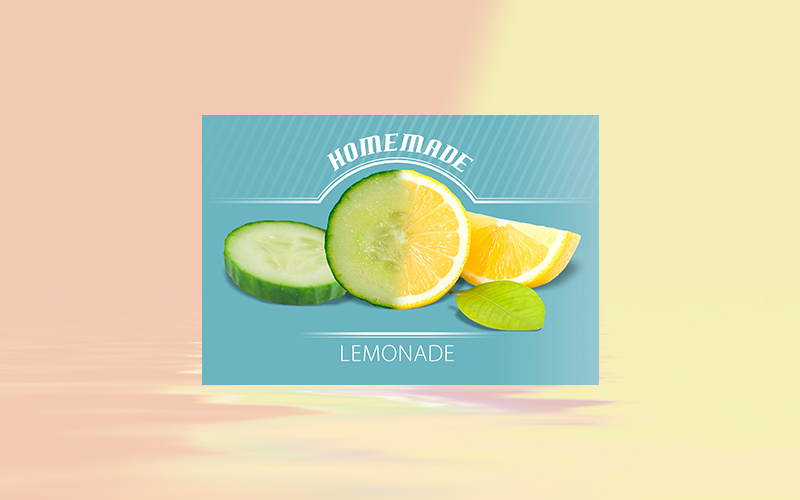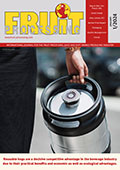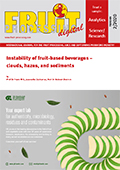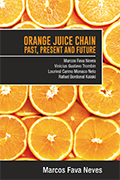„Sensory Flavour Pairing“ and the definition of a credible vegan flavour for soft drinks
With a trend seen in food products for recent years, beverages are also flanked by the veggie hype. The development of a vegan soft drink, however, is not as simple as it might seem.

The number of vegans/vegetarians is growing rapidly throughout the world. As by 2007, the digit for Germany was about two percent of vegetarians which has doubled to four percent in 2014. Added to this are further 1.5 % which are eating fish but no meat. The number of vegans is said to have reached 0.5 %. Vebu (the German Society of vegans/vegetarians) has indicated the share of vegans/vegetarians with actually 8.7 % of the total population. In western countries, the number of vegans/vegetarians/flexitarians is said to be at about 30 % of the society. Flexitarians? Flexitarians reduce eating meat but do not want to avoid eating it totally. Their impetus is about having good quality, produced ethically correct and sustainably anchored. Especially those eating habits are forecasted to be one of the future megatrends.
With a trend seen in food products for recent years, beverages are also flanked by the veggie hype. The development of a vegan soft drink, however, is not as simple as it might seem. So far, to simply label orange lemonade with a vegan flag will not be enthusing this highly demanding consumer group; because being a vegan is not just an eating habit but rather a general lifestyle attitude.
What is Sensory Flavour Pairing for Vegan Soft Drinks?
To fulfil the complex requirements in defining a credible vegan taste, Bell Flavors & Fragrances has recently developed the concept of “Sensory Flavour Pairing” which applies both for rational and emotional aspects. “Sensory Flavour Pairing” is aimed at achieving a new horizon to customers taste preferences but simultaneously combining both sensory and marketing needs. The concept is based on the principles of the human sense of taste to arrange an optimized combination of food ingredients and their flavouring components. The sensory fit is finally determined by similar molecular flavour structures which are ingeniously merged to develop real new flavour sensations. Based on this concept Bell has finally succeeded in formulating the right vegan taste for trendy vegan soft drinks, uniquely combining fruits and vegetables, but also fruit and herbs and fruit with hop.
Vegan Soft Drinks Trends 2016/17: Cucumber, Hop and the taste of Nordic woods
Already well-known as a garnish in alcoholic bar mix drinks such as gin-tonic, cucumber is not a novelty flavour anymore. However, intensive trend scouting in the gastro scene has carried out a drift in using these trendy vegetables also in fizzy and light alcoholic cocktails as well as in homemade lemonades. Cucumber is well under way to remove elderflower from the bar shelves and is definitely setting new impulses. Bell has prematurely grabbed this trend to transfer cucumber into a lemon lemonade, which inspires with a decent peely and refreshing lemon flavour combined with a fine hint of cooling and summerly cucumber.
With craft beer, indeed, and its manifold ingredients being in the spotlight for some time, hop became one of the most up-to-date flavour trends. In respond to this ever increasing movement, flavour experts and marketing specialists of Bell Flavors & Fragrances have brought to formulate a slightly foamy, lightly fruity and somewhat floral soft drink that will definitely be fitting in the vegan move. Also the traditional Russian soft drink Baikal which is composed of numerous extracts with a taste rather herbal and spicy and an enchanting smell of Nordic woods, best combined with stone fruit flavours such as plum, mirabelle plum or black cherry underlines the vegan flavour according to scientific results of „Sensory Flavour Pairing“.









